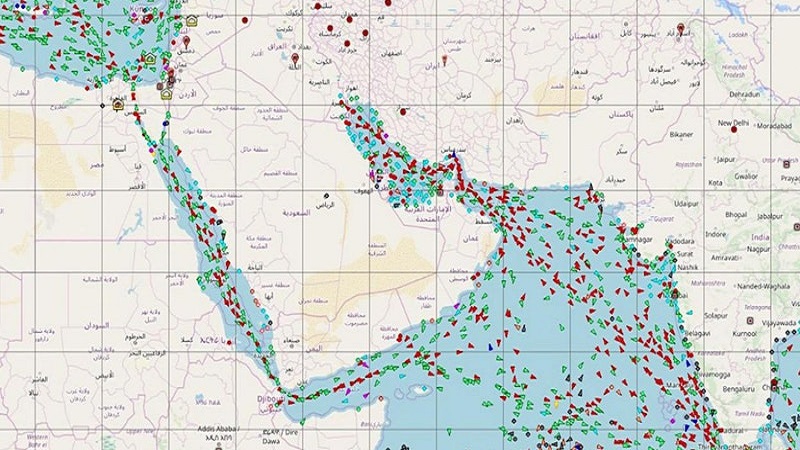Laleh Khalili on ‘The Corporeal Life of Commerce at Sea’
Wed, 27 Jan 2021, 6 to 7:30 pm Greenwich Mean Time (UTC±0)
Register here.
The everyday life of seafarers steaming across Arab seas and serving Arab ports today is shaped not only by their daily interactions with one another and with their officers (who are often of other nationalities), but also by the corporeal transformations they experience in their sensory relationship with the sea and the stars, the weather, and the technology around them. The body of the seafarer is the fulcrum upon which global and workplace asymmetries of power, long traditions and conventions of seafaring, and gendered and racialized subjectivities all conjoin in complex and unexpected ways.
In this talk, Laleh Khalili will speak not only of wages stolen and hunger ships managed by rapacious and unregulated shipping companies or the affective power of loneliness and loss at sea, but also the ephemeral moments of joy and solidarity forged aboard ships, and of the pleasures of arrival at ports. In focusing on the corporeal life of commerce at sea, she pays heed to exhortations of feminists and scholars of racial capitalism to center the lives of those forgotten or dismissed at the conjuncture of capital accumulation and raced and gendered hierarchies.
Seafarers’ lives aboard ships are very often the subject of classic works of literature. Melville’s great Moby Dick or B. Traven’s The Death Ship concern the everyday work and relations of the sailors at sea for long periods of time. And of course, the brutalized lives and bodies of enslaved peoples aboard ships in the Middle Passage has been the concern of some very good historical analysis, including Rediker’s The Slave Ship and Christina Sharpe’s In the Wake. Inspired by both the literary and scholarly works, in this lecture, she will reflect on the lives and bodies of modern seafarers in the western Indian Ocean. Drawing on ethnography aboard containerships steaming Arab seas, the archives of various missions to seafarers serving Arabian Peninsula ports, local and global union cases on their behalf, and other literary and archival documents in Arabic and English, she will consider the quotidian life of labor, tedium, longing, and camaraderie aboard ships today.
Perhaps most important, she will show that to think about commerce at sea, we have to locate the Arab world’s economy in a global network of capital accumulation and to seek in the macropolitical sweep of history the human-sized, the everyday, the embodied experience, and the affective lives of the people who make such commerce possible.
Laleh Khalili is a professor of international politics at Queen Mary University of London and the author of Heroes and Martyrs of Palestine: The politics of national commemoration (Cambridge 2007), Time in the Shadows: Confinement in Counterinsurgencies (Stanford 2013) and Sinews of War and Trade: Shipping and Capitalism in the Arabian Peninsula (Verso 2020).


